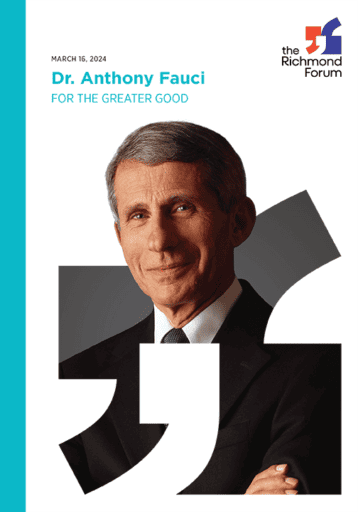Past Event On March 16, 2024
Dr. Anthony Fauci
For the Greater Good
In a conversation about his decades-long career, the former director of NIAID shared the challenges and successes he faced while leading the nation through two of the most significant global health crises in modern history.

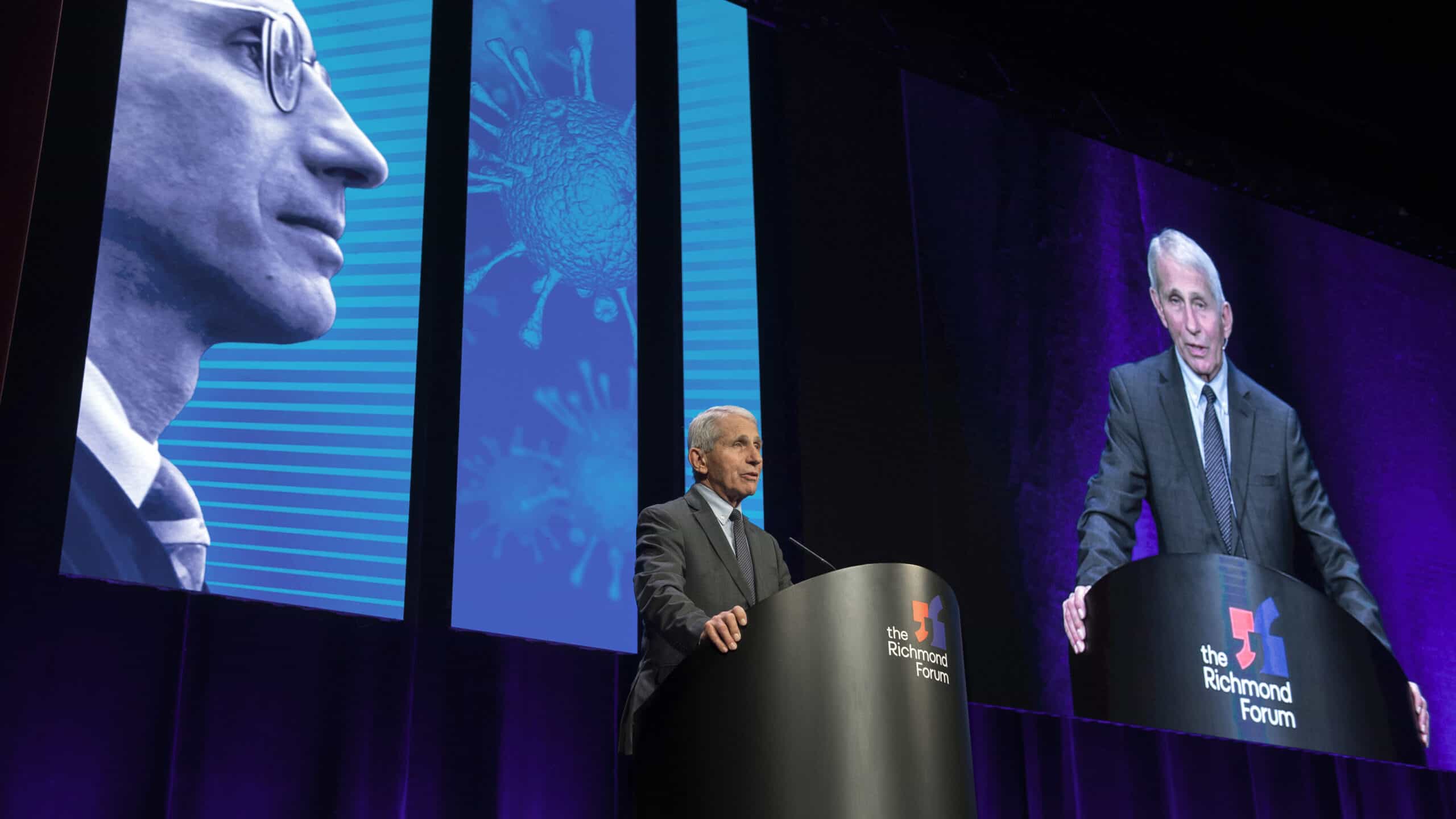
“Science, by its nature, is a process that’s self-correcting. You’re given information on the basis of what you know now. If the information changes – the way it did repetitively with COVID – if you’re true to the science, you will change your recommendation, your guidelineS, what you tell the public. Unfortunately, and understandably, the public doesn’t look at science that way.”
Dr. Anthony Fauci
For the Greater Good
Program Date: March 16, 2024
On March 16, 2024, four years after the onset of the unprecedented COVID-19 pandemic shuttered schools, businesses, and community gathering places across the country, a familiar face addressed The Richmond Forum.
Dr. Anthony Fauci became a household name in 2020, but his commitment to public health and biomedical research has spanned a lifetime. In a conversation about his decades-long career, Fauci shared stories from his early days at the National Institute of Allergy and Infectious Diseases (NIAID), along with the many lessons he learned while leading the nation through two of the most significant global health crises in modern history, HIV/AIDS and COVID-19.
Growing up in the Bensonhurst neighborhood of Brooklyn, New York, Fauci was drawn to a career in medicine and public service from a young age. He learned it from his father, a pharmacist who served as a “pseudo doc” for the neighborhood, and from his Jesuit education that emphasized service to others.
Fauci’s desire to serve the greater good ultimately drove him to NIAID where, from 1968 to 1981, he experienced a series of successes in treating a variety of autoimmune inflammatory diseases with therapeutic regimens that he developed. “Then along came HIV in the summer of 1981, and I was struck by the potential for this to become a global pandemic,” Fauci said. “I was trained to be a healer and I was healing nobody. Everybody was dying. It was a horrible situation.”
“A catastrophic event, like an outbreak, shines a bright spotlight on some of the weaknesses in our society.”
– Dr. Anthony Fauci
This dark period pushed him to step into the role of NIAID’s director in 1984 so he could “focus on doing something about this disease” and lead the development of life-saving treatments. He remained in this role until 2022, working under the administrations of seven U.S. presidents throughout his tenure. As the global medical community learned more about HIV and AIDS throughout the ’80s and ’90s, the government’s response evolved, as did the outlook of a positive diagnosis.
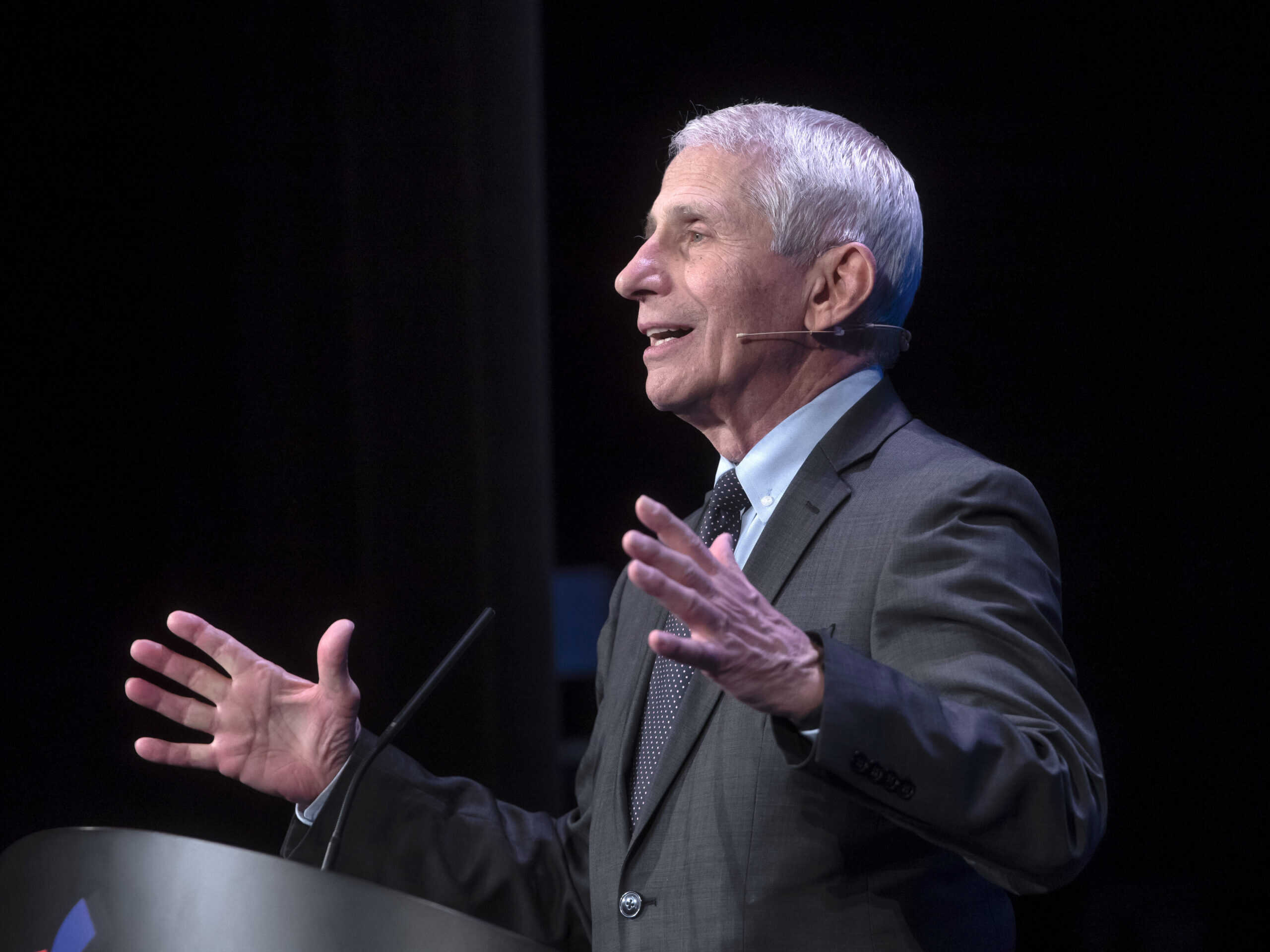
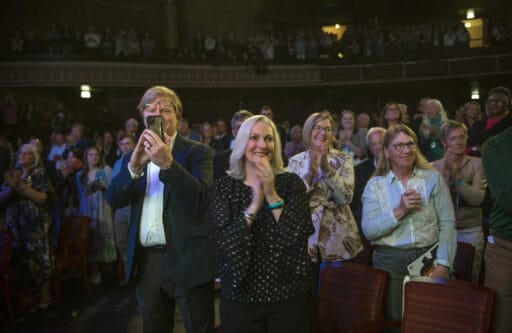
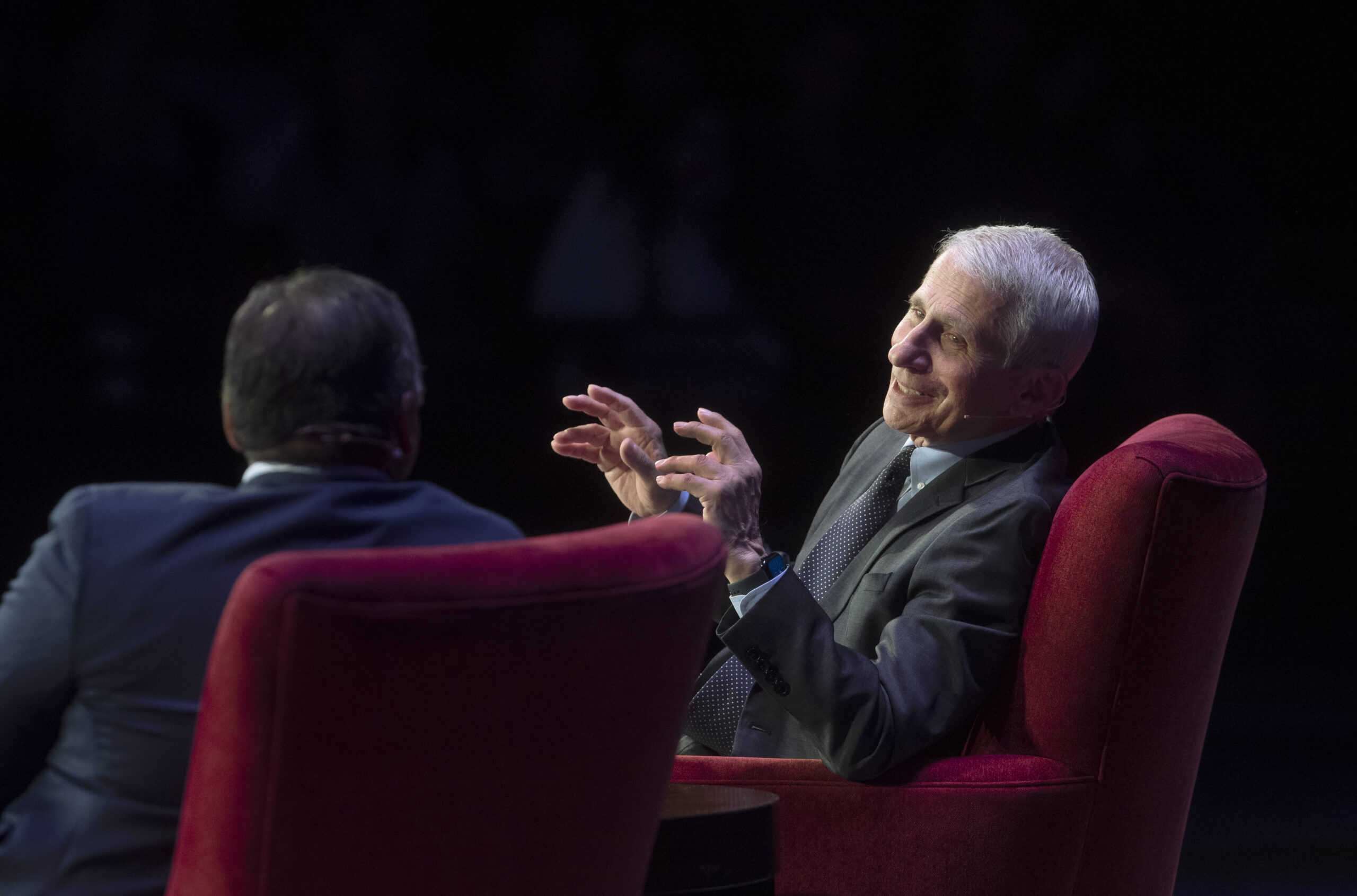
“The drugs got better and better,” Fauci said. “But people in Africa were dying because they could not afford them.” According to Fauci, by the late ’90s, 67% of all HIV-positive individuals lived in Sub-Saharan Africa and about 90% in lower and middle-income countries.
“President George W. Bush asked me to go to Africa and determine if we could put together a feasible and implementable plan that could save lives,” Fauci said. He claimed that President Bush believed the U.S. had a moral responsibility as a wealthy nation to not allow people to die of a treatable disease “because of where they happen to be born.”
Twenty years after the introduction of the U.S. President’s Emergency Plan for AIDS Relief (PEPFAR), $115 billion have been invested in the global HIV/AIDS response and, subsequently, 25 million lives have been saved. “That tells you what the leadership of a president can do,” Fauci said.
Fauci noted that each administration brought a different approach to leading the government’s response to the public health crises of the time, whether it be Ebola, Zika, or swine flu. Each time the administration changed, he had to adjust his own leadership, as well.
He had two jobs when COVID arrived: to develop the vaccine and to communicate to the American people what they needed to do to keep themselves safe. The latter proved to be increasingly difficult as misinformation and political divisiveness prevented a unified effort to combat the disease. “In trying to be truthful … I became a target,” Fauci said. “I dealt with it by focusing on what my job is, and my job is to help preserve and protect the health of the American public.”
Fauci was thrust into both the public eye and popular culture. Brad Pitt impersonated him on “Saturday Night Live” and he was even nominated for People’s “Sexiest Man Alive.” When asked if these moments were fun for him, he responded, “I don’t think fun is the right word, but if fun motivates people to do something that saves their lives, then it’s worth doing.”
According to Fauci, another pandemic is inevitable — maybe not in our lifetime, but very likely in the lifetime of our children or grandchildren. The next pandemic could likely be the result of climate change. “Pandemics are a reality and always have been,” he said.
“The only way to address a perpetual challenge is to be perpetually prepared,” Fauci said, adding that it’s important to heed the lessons learned from COVID and remain ready for whatever public health threat next arises.
As for what that preparation should look like, Fauci believes the U.S. must heavily invest in basic and clinical biomedical research and maintain strong local public health infrastructure. It is also vital to address inequities in access to healthcare and nutritious food in order to create healthier communities. Finally, he believes that we must educate the public, especially younger generations, on how to become more science literate.
“Misinformation and disinformation are the enemy of public health,” Fauci said. “Please do not accept the normalization of untruths. At the end of the day, I am certain that is something that will erode our democracy and we cannot let that happen.”
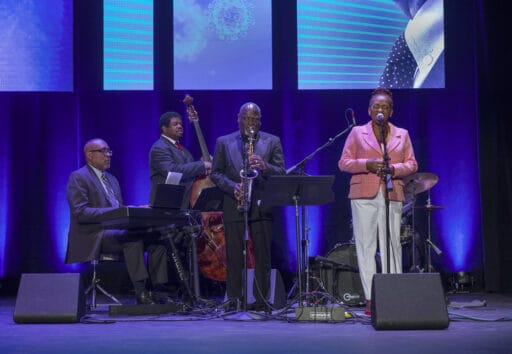
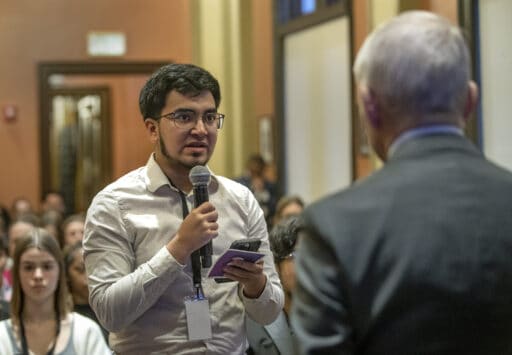
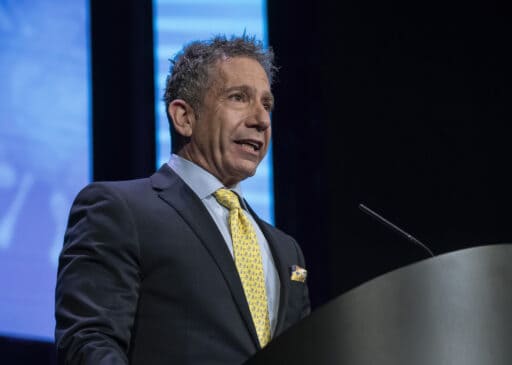
“Dr. Fauci is an authentic presenter and provided insights into the early days of the pandemic. From his work developing drugs and vaccines to fight some of the most deadly diseases on the planet, it’s clear that he cares deeply about his fellow man.”
– Subscriber Survey Comment
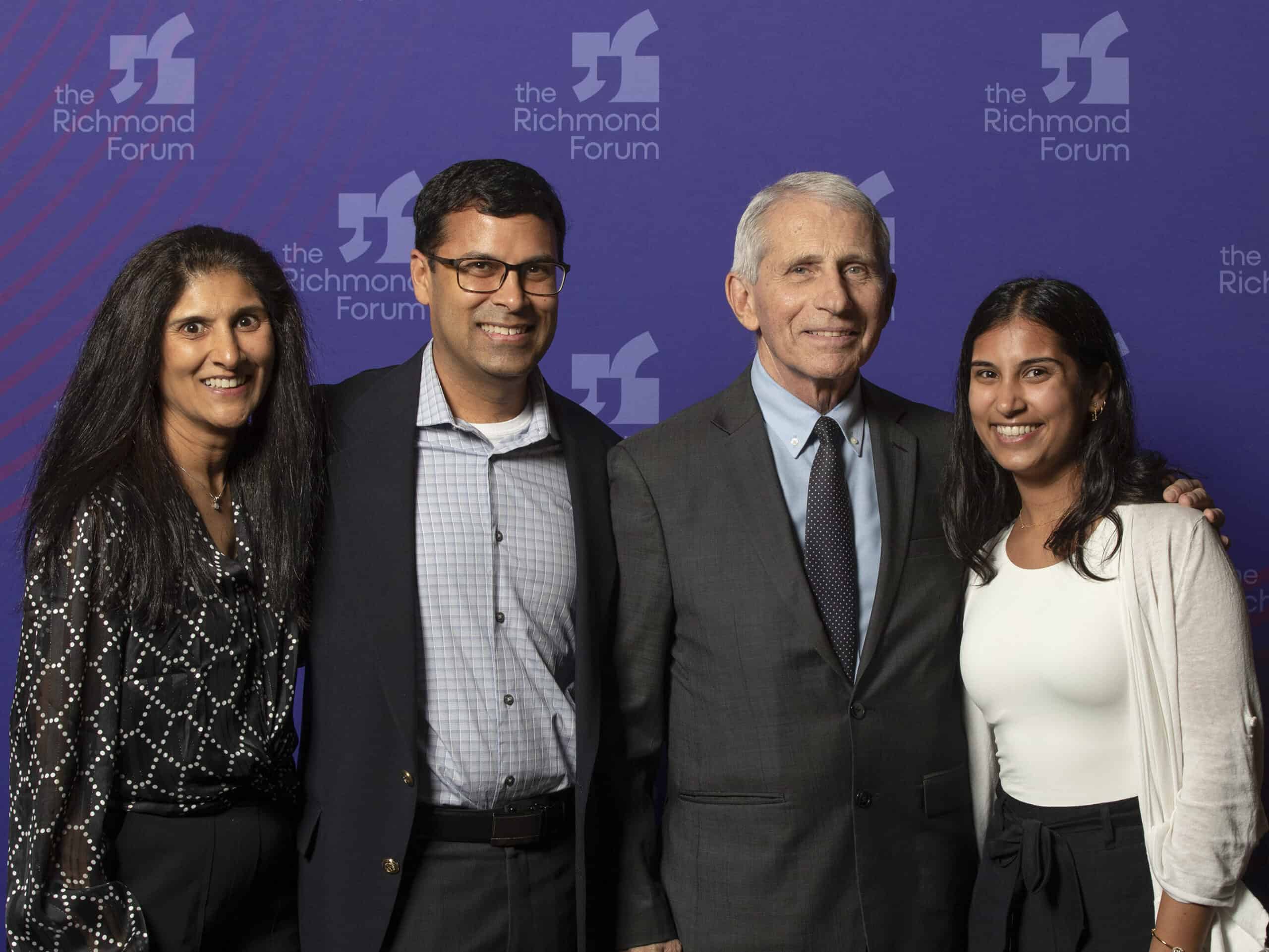
About Dr. Anthony Fauci
Dr. Anthony Fauci is perhaps the most recognized and influential public health and policy figure in modern times. With a career bookended by the HIV/AIDS epidemic and COVID-19 pandemic before his retirement in 2022, Fauci’s impact has spanned seven presidents and touched billions of lives.
Fauci has served the public with a relentless pursuit of discovery and innovation for more than 50 years. Throughout his tenure, which included 38 years as the director of the National Institute of Allergy and Infectious Diseases (NIAID), Fauci oversaw an extensive research portfolio devoted to the prevention, diagnosis, and treatment of infectious and immune-mediated diseases. As the key advisor to seven United States presidents and their administrations, he led medical and public health preparedness and treatments against emerging infectious disease threats, including HIV/AIDS, pandemic influenza, Ebola, Zika, and COVID-19.
Fauci has faced his research — and critics — with a steadfast devotion to science, a deep concern and empathy for those suffering from disease, and a human-centered pragmatism that ultimately led to extraordinary results. His unwavering dedication to the public good has generated bipartisan political support for his scientific and medical contributions.
Fauci has been awarded both the Presidential Medal of Freedom and the National Medal of Science by President George W. Bush. He has been the recipient of numerous awards for his scientific and global health accomplishments, including the Mary Woodard Lasker Award for Public Service, the Prince Mahidol Award from Thailand, the Robert Koch Gold Medal from Germany, and the Gairdner Global Health Award from Canada.
Fauci has also been awarded 58 honorary doctoral degrees from U.S. and global universities. He has authored, co-authored, and edited more than 1,400 scientific publications, including major textbooks about internal medicine, infectious diseases, and autoimmune diseases.
Additional Resources
-
“Dr. Fauci Looks Back: Something Clearly Went Wrong”
The New York Times Magazine
-
“Dr. Fauci Was a Basketball Captain. Now He’s America’s Point Guard.”
The Wall Street Journal
-
“A timeline of Fauci’s predictions about the COVID pandemic”
Axios
Watch Program Highlights
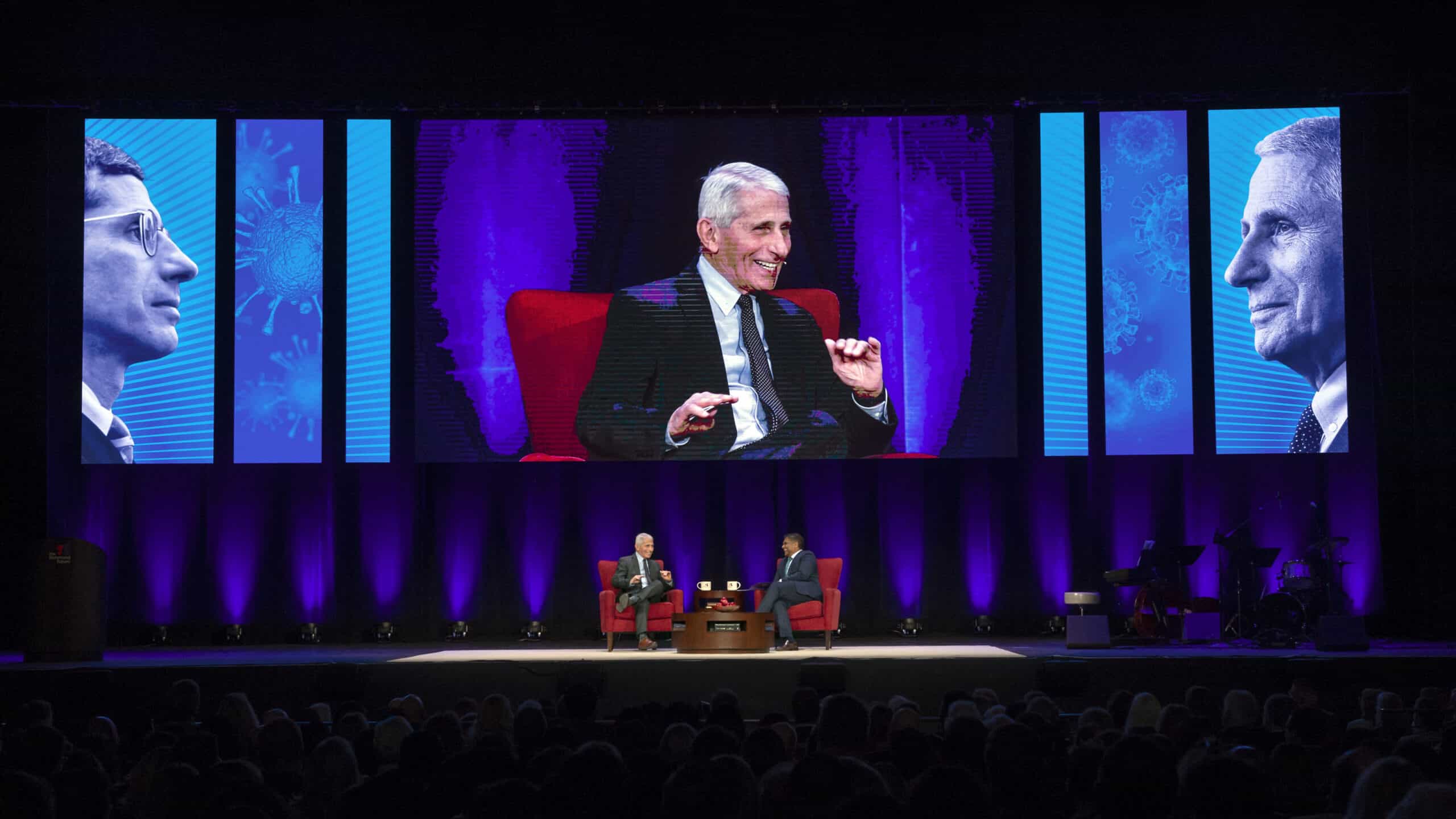
RELATED PROGRAMS
-
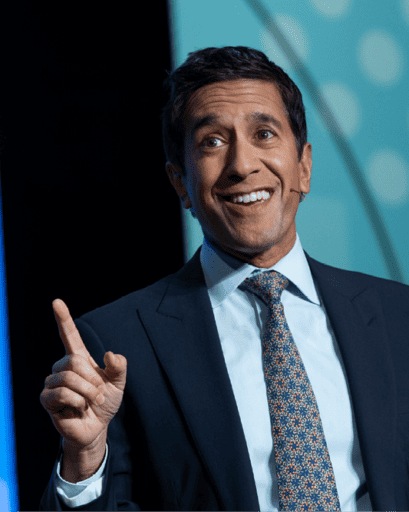
Dr. Sanjay Gupta
Battle Scars: Medicine in Times of War and Disaster
February 23, 2019 -
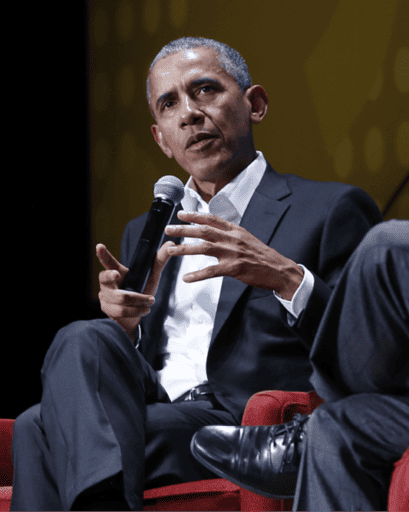
President Barack Obama
An Evening with the 44th President of the United States
November 18, 2017 -
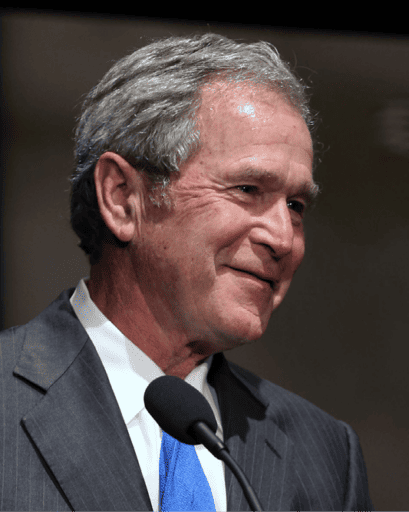
President George W. Bush
Inside the Oval Office
February 22, 2014 -
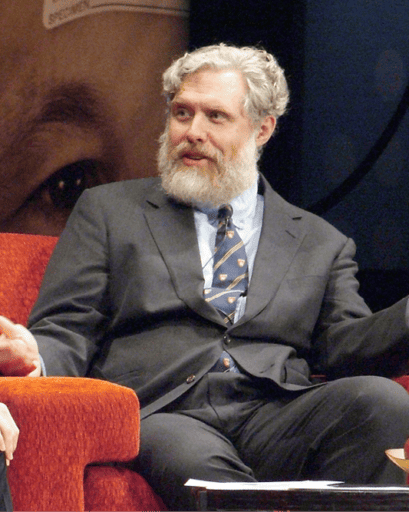
Dr. George Church
The Personal Genomics Revolution
March 19, 2011 -
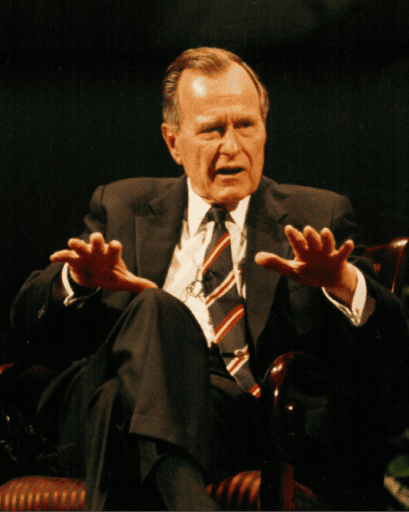
President George H.W. Bush
The World As I See It
February 19, 1994
